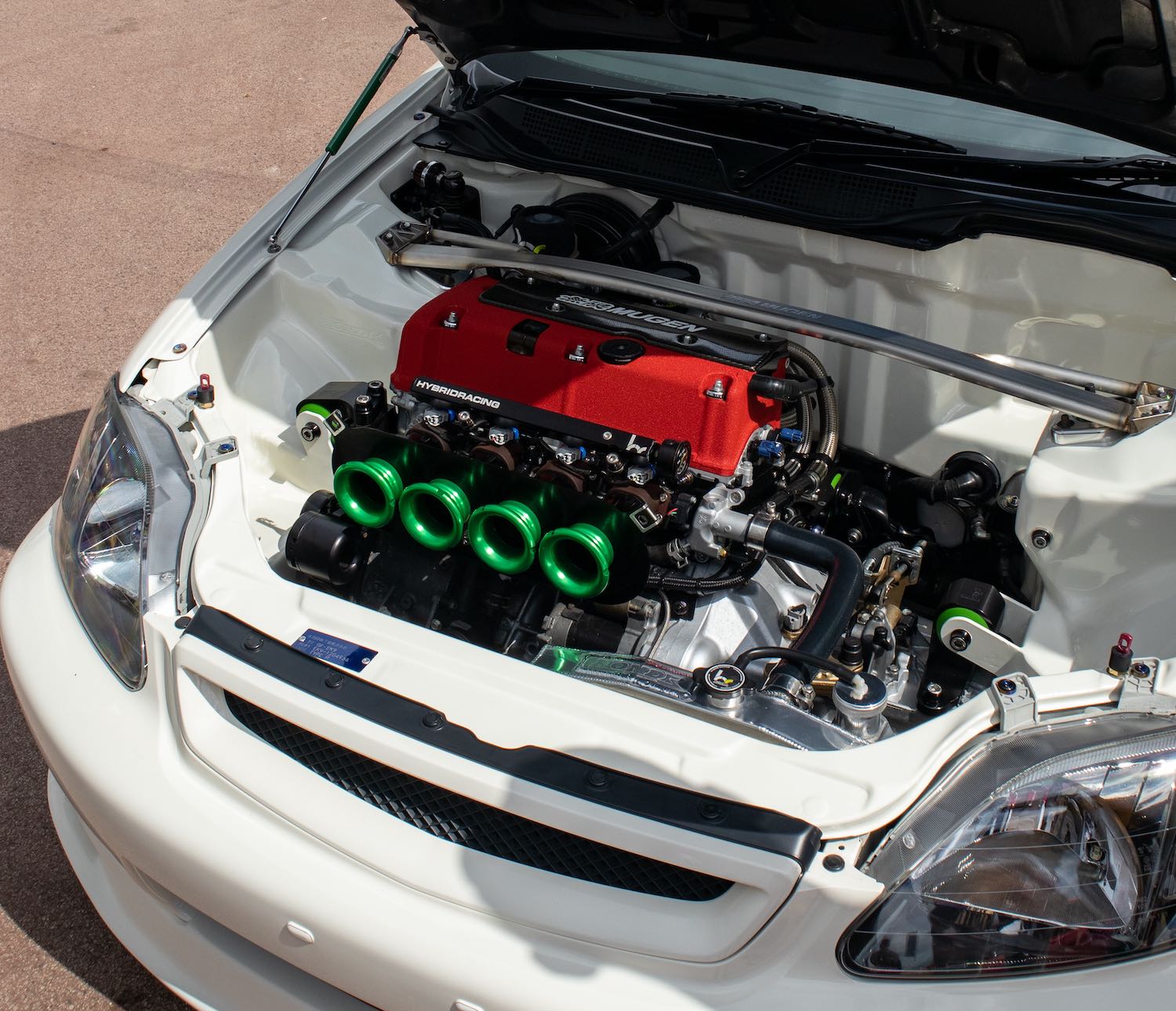Are you in the market for a new car? Whether you’re buying from a dealership or a private seller, it’s important to perform a DVLA check on the vehicle before making any final decisions. This can help you avoid potential headaches down the road and ensure that you’re not purchasing a car with hidden issues or a shady past.
What is a DVLA check?
The Driver and Vehicle Licensing Agency (DVLA) is the government agency responsible for maintaining a database of all vehicles in the UK. A DVLA check, also known as a vehicle enquiry or registration check, allows you to access important information about a vehicle, such as its MOT history, tax status, and registration details. This can help you make an informed decision about whether or not to purchase the vehicle.
Why is a DVLA check important?
Performing a DVLA check is important for several reasons. First and foremost, it can help you avoid purchasing a stolen vehicle. A DVLA check will alert you if the vehicle has been reported as stolen, which can save you a lot of trouble down the line. Additionally, a DVLA check can help you verify that the vehicle’s registration details match up with what the seller is claiming. This can help you avoid falling victim to a fraudulent seller.
A DVLA check can also provide valuable information about a vehicle’s MOT history and tax status. If the vehicle has a long history of failed MOTs or hasn’t been taxed in a while, this could be a red flag that the vehicle is not in good condition. Knowing this information in advance can save you a lot of time and money in the long run.
How do I perform a DVLA check?
Performing a DVLA check is easy and can be done online. Simply visit the DVLA website and enter the vehicle’s registration number. You’ll then be provided with a report that includes important information about the vehicle, such as its MOT history, tax status, and registration details.
It’s important to note that while the DVLA check is a useful tool, it’s not foolproof. Some sellers may try to hide issues with the vehicle by altering its registration details or providing false information. This is why it’s important to perform other checks in addition to the DVLA check, such as a full vehicle history check, to ensure that you’re getting a complete picture of the vehicle’s past.
Final Thoughts
Performing a DVLA check is a crucial step in the car-buying process. It can help you avoid potential issues with the vehicle and ensure that you’re making a smart purchase. So next time you’re in the market for a new car, be sure to perform a DVLA check before making any final decisions. After all, an ounce of prevention is worth a pound of cure.
And now, as promised, here are a few car-related jokes to lighten the mood:
- Why did the car break up with its girlfriend? It found someone better to pick up.
- What do you call a fake car? A faux-rari.
- Why did the car refuse to move? It was tired.





